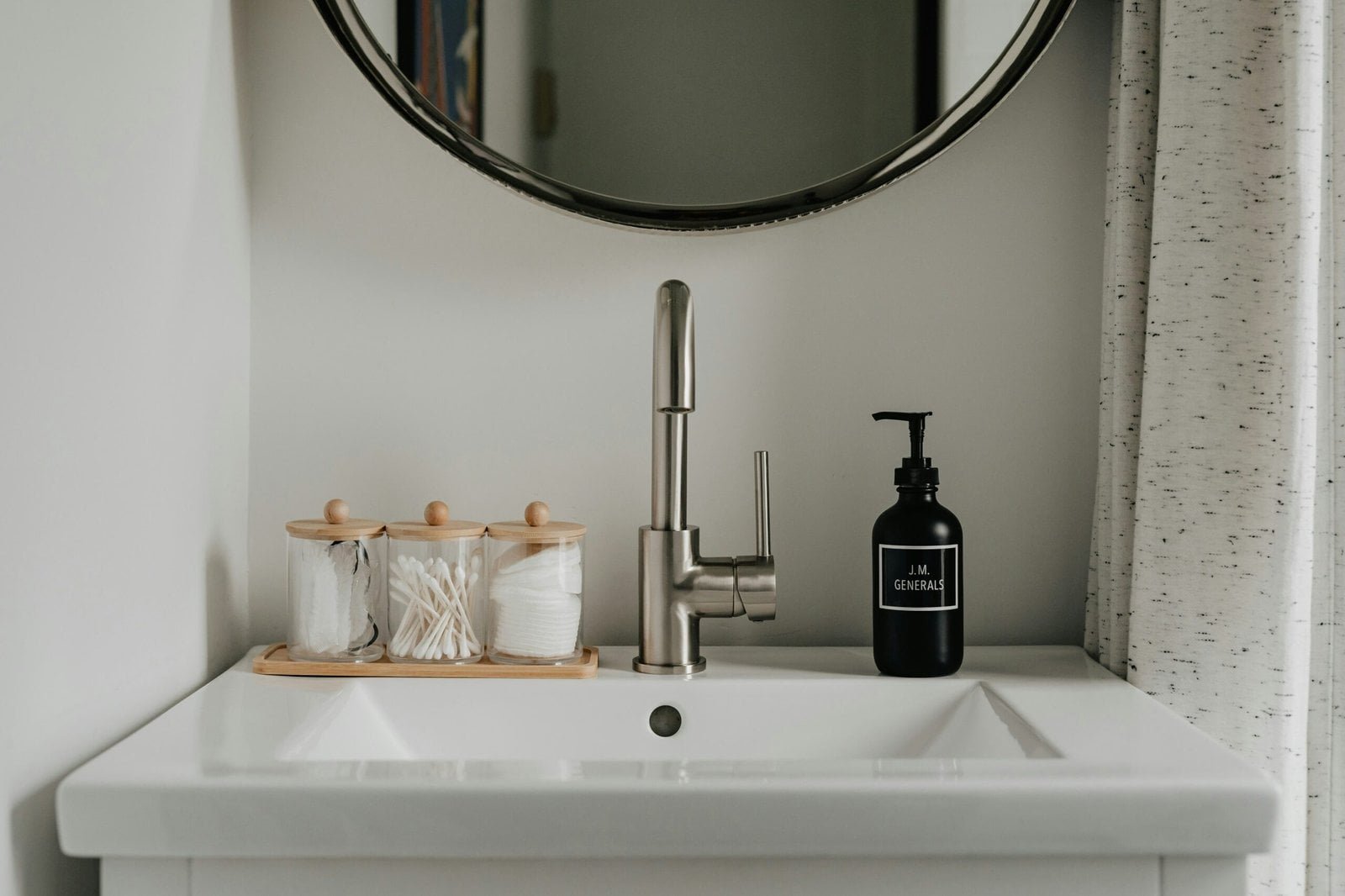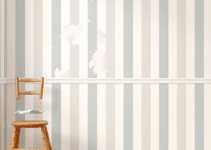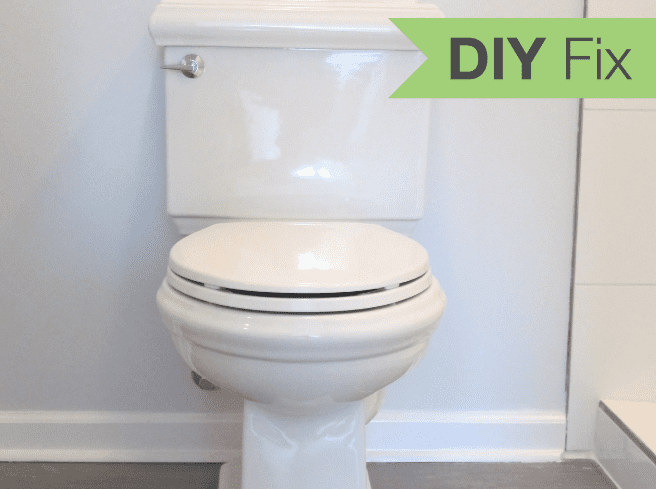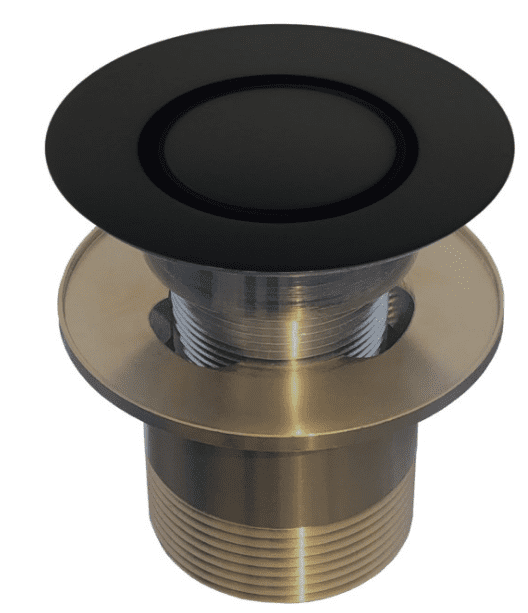Can the Pipes Be Damaged if Boiling Water is Poured into the Sink to Dissolve Grease? The Expert Answers!
Introduction
In many households, boiling water is a go-to solution for dissolving grease in kitchen sinks. This practice is often employed due to its simplicity and effectiveness in breaking down greasy residues that accumulate from daily cooking activities. However, a common concern arises: can pouring boiling water into the sink damage the pipes?

Please, read our post and do not forget to check our YouTube channel “Grig Stamate”:
https://www.youtube.com/@GrigStamate
You will find there, thousands of designing, furnishing, and decorating ideas for your home interior and outdoors.
Allow me to mention one of them:
Our Favourite Bathroom Decor Ideas | Scandinavian Style Design #22 (video)
Understanding the impact of boiling water on plumbing is crucial, especially given the variety of materials used in modern plumbing systems. Different materials react differently to high temperatures, and this can influence the longevity and integrity of your pipes. With this in mind, it’s essential to explore the potential risks and benefits associated with using boiling water as a method for grease removal.
This blog post will delve into expert insights on whether boiling water can harm your pipes and the best practices for maintaining a healthy plumbing system. By understanding the effects of boiling water on various plumbing materials, homeowners can make informed decisions to avoid potential damage and ensure the longevity of their plumbing infrastructure.
How Boiling Water Cleans Grease in Pipes
Boiling water is often employed as a practical solution for dissolving grease and clearing blockages in pipes. The science behind this process primarily revolves around the thermal properties of water and its interaction with grease. When boiling water is poured down a drain, its high temperature helps to soften and melt the grease that has accumulated within the pipes. Grease, being a lipid, has a melting point that is significantly lower than the boiling point of water, typically around 300°F (150°C).
As the boiling water comes into contact with the grease, it transitions from a solid or semi-solid state into a liquid, allowing it to flow more freely through the plumbing system. This melting process is essentially a physical change, where the grease molecules gain kinetic energy, weakening the intermolecular forces that hold them together in a solid form. Additionally, the hot water helps to increase the solubility of grease in water, facilitating its movement down the pipes.
However, it is important to note that this method of using boiling water to clean grease from pipes offers a temporary resolution to clogs. While it may effectively clear minor blockages, it does not address the root cause of the buildup and may not be sufficient for more severe clogs. Persistent or recurring grease blockages may require more comprehensive cleaning techniques or professional intervention.
Apart from boiling water, several other household methods are commonly used to tackle grease in pipes. For instance, a mixture of baking soda and vinegar can create a foaming action that helps to dislodge grease and other debris. Enzyme-based drain cleaners are also popular as they use natural enzymes to break down organic matter. Additionally, mechanical methods such as plungers or drain snakes can be employed to physically remove blockages from the pipes.
Types of Pipes and Their Heat Tolerance
In household plumbing, several types of pipes are commonly used, each with distinct characteristics and varying degrees of heat tolerance. Understanding these differences is crucial when considering the potential impact of pouring boiling water into the sink to dissolve grease.
PVC (Polyvinyl Chloride) pipes are widely used due to their affordability and ease of installation. However, PVC has a relatively low heat tolerance. The maximum temperature PVC pipes can handle is typically around 140°F (60°C). Exposing PVC pipes to boiling water, which is 212°F (100°C), can soften and deform the pipes, leading to potential leaks and long-term damage.
Copper pipes, on the other hand, have a much higher heat tolerance. Copper can withstand temperatures up to 400°F (204°C) without any adverse effects. This makes copper pipes highly resilient to boiling water, making them a safer choice for scenarios involving high-temperature liquids. However, consistent exposure to boiling water can still cause thermal expansion and contraction, which over time, might affect the joints and connections.
Galvanized steel pipes, though less common in modern plumbing, are known for their robustness. These pipes can endure temperatures up to 392°F (200°C). Similar to copper, galvanized steel pipes can handle boiling water without immediate damage. Nevertheless, repeated exposure may accelerate corrosion, especially if the protective zinc coating wears off over time.
In summary, while copper and galvanized steel pipes can generally withstand the heat from boiling water, PVC pipes are significantly more vulnerable. Homeowners should exercise caution when pouring boiling water down the sink, considering the type of plumbing materials used in their household to avoid potential damage and costly repairs.
Potential Risks of Pouring Boiling Water Down the Drain
Pouring boiling water down the drain can pose several risks to your plumbing system, particularly when considering the type of material used in your pipes. One immediate risk is the potential for warping and cracking, especially in pipes made from PVC (polyvinyl chloride) or other plastic materials. These materials are not designed to withstand extreme temperatures and may soften or deform when exposed to boiling water. This warping can lead to cracks, which might not be immediately visible but will weaken the structural integrity of the pipes over time.
In metal pipes, such as those made from copper or galvanized steel, boiling water can cause thermal expansion. While metal is generally more resistant to heat, repeated exposure to boiling temperatures can lead to the weakening of pipe joints. This gradual weakening increases the likelihood of leaks as the joints may eventually fail under pressure. Leaks are not only inconvenient but can also result in significant water damage and costly repairs.
Long-term exposure to boiling water can exacerbate these issues. For instance, the constant thermal stress can lead to the deterioration of pipe materials, making them more susceptible to fractures and leaks. In addition, the extreme heat can affect the sealants and adhesives used in plumbing joints, causing them to break down more quickly than they would under normal temperature conditions.
Moreover, pouring boiling water down the drain to dissolve grease may seem effective initially, but it can cause the grease to move further down the pipe and solidify as it cools. This can create more significant blockages deeper within the plumbing system, leading to backups and potential overflows.
Ultimately, the risks associated with pouring boiling water down the drain underscore the importance of using proper methods to maintain and clean your plumbing system. Opting for safer alternatives can help prevent the immediate and long-term damage to your pipes, thereby avoiding the inconvenience and expense of major repairs.
Plumbing experts have diverse opinions on the impact of pouring boiling water down the sink to dissolve grease. While some advocate for its occasional use, others caution against potential risks to plumbing systems. The primary concern raised by experts revolves around the material composition of the pipes. For instance, PVC pipes, commonly used in modern plumbing, can soften and lose their structural integrity when exposed to boiling water, leading to warping or even leaks over time. Conversely, older homes equipped with metal pipes, such as copper or galvanized steel, may withstand higher temperatures but still face risks of accelerated corrosion.
Several experts emphasize that while boiling water may temporarily clear grease blockages, it often fails to provide a long-term solution. Grease, when liquefied by heat, can travel further down the pipes and solidify upon cooling, potentially causing more severe clogs deeper within the plumbing system. As an alternative, professionals often recommend using enzyme-based drain cleaners that break down grease without harming the pipes. These biological cleaners offer a safer, eco-friendly solution, mitigating the risk of pipe damage.
Another widely endorsed method among plumbing experts is the use of hot, but not boiling, water combined with dish soap. The soap helps emulsify the grease, allowing it to be flushed away more effectively without the extreme temperatures that can jeopardize pipe integrity. Additionally, regular maintenance practices such as avoiding the disposal of grease down the sink and using mesh drain strainers to catch food particles are universally recommended to prevent grease buildup.
In summary, while there is a consensus that boiling water can momentarily address grease blockages, the potential risks to different pipe materials and the likelihood of causing future clogs prompt experts to suggest alternative methods. By adopting safer practices and preventive measures, homeowners can maintain their plumbing systems more effectively and avoid costly repairs.
Safer Alternatives to Boiling Water for Dissolving Grease
When it comes to dissolving grease in pipes, there are several safer alternatives to boiling water that can be both effective and less damaging to your plumbing system. These methods include enzymatic drain cleaners, baking soda and vinegar solutions, and mechanical methods such as drain snakes.
Enzymatic Drain Cleaners: Enzymatic drain cleaners utilize natural enzymes and bacteria to break down organic materials, including grease. These products are non-corrosive and safe for both pipes and the environment. The enzymes work by digesting the grease, converting it into water and carbon dioxide, which can then be easily flushed away. Enzymatic drain cleaners are highly effective, especially when used regularly as a preventive measure.
Baking Soda and Vinegar Solutions: A classic home remedy, a mixture of baking soda and vinegar can be an efficient way to dissolve grease. Start by pouring a cup of baking soda down the drain, followed by a cup of white vinegar. The chemical reaction between the two substances produces carbon dioxide and water, which helps to break down the grease and clear the clog. This method is gentle on pipes and can be repeated as necessary without risk of damage.
Mechanical Methods: Mechanical tools such as drain snakes or plumbing augers can physically remove grease clogs from pipes. A drain snake is a flexible, slender tool that can navigate through the bends of pipes and dislodge blockages. By manually breaking up the grease, it allows water to carry away the debris more effectively. This method is particularly useful for stubborn clogs that chemical solutions may not fully resolve.
Each of these alternatives offers a safer approach to maintaining clean pipes without the risk of damage associated with pouring boiling water down the drain. By incorporating these methods into your regular maintenance routine, you can effectively manage grease build-up and prolong the lifespan of your plumbing system.
Preventative Measures to Avoid Grease Build-Up
Preventing grease build-up in kitchen sinks and drains is crucial to maintaining a smooth and efficient plumbing system. The first and foremost step is to avoid pouring grease, fats, or oils directly down the sink. Instead, allow these substances to cool and solidify, then dispose of them in the trash. For liquid oils, consider storing them in a sealed container before disposal. This simple practice significantly reduces the risk of clogs and pipe damage.
Using drain strainers is another effective method to prevent grease and food particles from entering the plumbing system. These inexpensive devices catch debris that would otherwise contribute to blockages. It’s essential to clean the strainers regularly to ensure they function correctly and do not become a source of build-up themselves.
Regular cleaning and maintenance of pipes can further mitigate the risk of grease accumulation. Periodically flushing the drains with a mixture of hot water and mild detergent can help dissolve minor grease deposits. Additionally, natural solutions such as baking soda and vinegar are excellent for maintaining clean pipes without resorting to harsh chemicals. Simply pour a cup of baking soda followed by a cup of vinegar down the drain, let it sit for about 15 minutes, and then flush with hot water.
Implementing a routine maintenance schedule is crucial for long-term plumbing health. Regular inspections and cleanings, either by homeowners or professional plumbers, can identify and address potential issues before they escalate. This proactive approach not only prevents clogs and pipe damage but also extends the lifespan of your plumbing system.
By adopting these preventative measures, you can significantly reduce the likelihood of grease build-up and the associated problems. Proper disposal practices, the use of drain strainers, and regular maintenance are all key strategies in ensuring the longevity and efficiency of your kitchen plumbing.
Conclusion
In examining whether boiling water can damage pipes, it is clear that understanding the material composition of your plumbing system is crucial. Pouring boiling water down the sink to dissolve grease may seem like an effective solution; however, it poses significant risks, particularly to PVC and older metal pipes. The high temperatures can soften and weaken PVC pipes over time, and for older metal pipes, repeated exposure can exacerbate corrosion and lead to leaks.
To safeguard your plumbing system, consider safer alternatives such as using enzyme-based drain cleaners or simply preventing grease buildup by disposing of it properly. Regular maintenance and preventive measures can significantly reduce the likelihood of encountering clogged drains and other plumbing issues.
If there are any concerns about the integrity of your pipes or if you face persistent plumbing problems, consulting with a professional plumber is highly advisable. Their expertise can help diagnose issues accurately and recommend the most effective solutions, ensuring the longevity and reliability of your plumbing system.
By being mindful of the materials that make up your pipes and adopting safer practices, you can help maintain a well-functioning and durable plumbing system in your home.
Other related posts from our website:
https://howtobuildahouseblog.com/how-to-bend-copper-pipes-with-or-without-tools/
https://howtobuildahouseblog.com/how-to-remove-air-from-your-house-water-pipes/
https://howtobuildahouseblog.com/how-to-hide-house-running-pipes-that-are-on-show/
Thank you so much for your attention.
Stay tuned. We will upload many other amazing posts to our website and videos onto our YouTube channel.
Thank you so much.
for your time and attention.
Best Regards
See you to another post,
Bye, Bye



No Responses